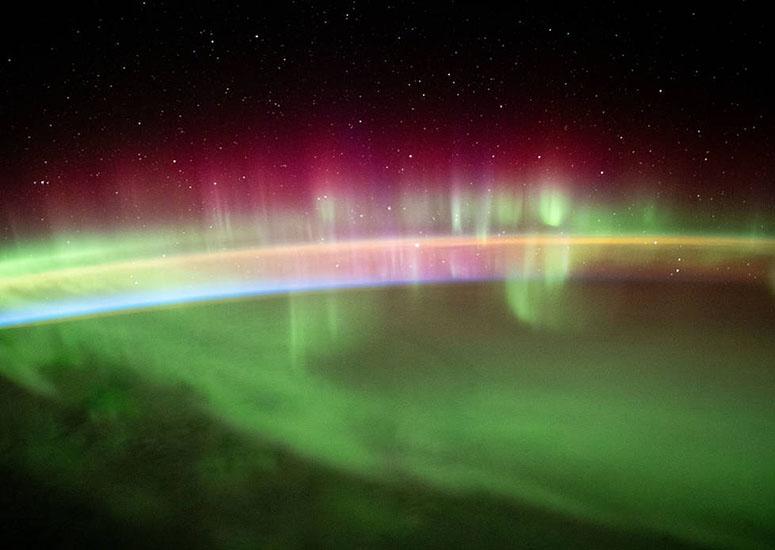-

Favorable weather for self-driving vehicles
NCAR researchers seek to use weather information to improve the efficiency of autonomous vehicles.
- Weather
-
Neil Jacobs named chief science advisor for the Unified Forecast System
Neil Jacobs has been chosen to serve as chief science advisor for the Unified Forecast System (UFS), an effort by the broad scientific community to develop a common, open-source modeling infrastructure that encourages collaboration and eases the transition from research to operations with the goal of improving NOAA’s forecast models.
- Organization
-
UCAR statement on the Boulder County fire
Antonio Busalacchi, the president of the University Corporation for Atmospheric Research, has issued a statement on the Dec. 30, 2021, fire in Boulder County.
- Organization
-

Better forecasts, enhanced national security
A quarter-century of NCAR collaborations with the U.S. Army Test and Evaluation Command has contributed to major advances in weather prediction.
- Weather
-

NCAR’s new mini-satellite will measure howling winds high in Earth’s atmosphere
NCAR has received $6.5 million in funding from NASA to launch a roughly shoebox-sized satellite into space carrying an instrument designed to measure the howling thermospheric winds, which can gust more than 300 miles per hour through the highest reaches of the Earth’s atmosphere.
- Sun + Space Weather
